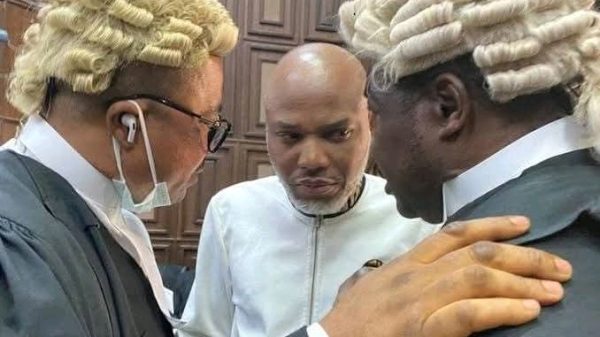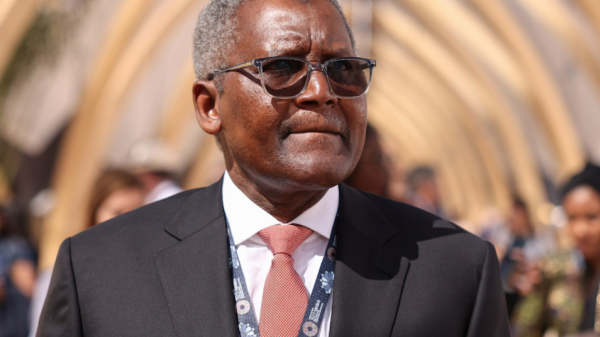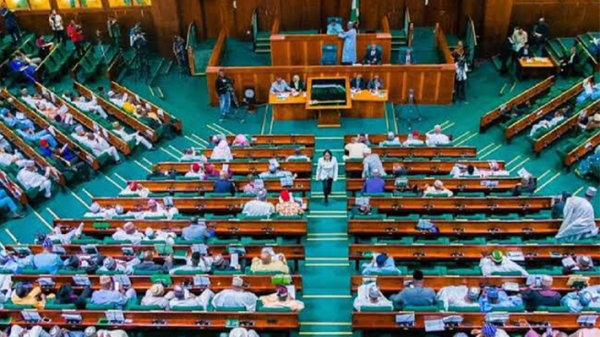Across Africa, women have endured the devastating effects of war—displacement, violence, and the breakdown of communities. Yet, despite these hardships, they have played vital roles in restoring peace, often working at the grassroots level to mediate conflicts, rebuild lives, and foster social cohesion. From the women of Liberia, whose activism helped end years of civil war, to peacebuilders in Burundi, history has shown that sustainable peace is impossible without the voices and leadership of women.
However, despite their invaluable contributions, women—especially young women—continue to be excluded from formal peace negotiations. The absence of refugee, stateless, and internally displaced young women from these discussions means that the realities and solutions they bring remain overlooked. This must change.
Why Inclusion Matters?
Excluding young women from peacebuilding efforts does not only reinforce existing inequalities but also weakens the long-term success of peace agreements. Research has consistently shown that when women are included in peace processes, the resulting agreements are 35% more likely to last at least 15 years. Women bring perspectives rooted in lived experiences, addressing the unique challenges faced by those most affected by conflict—children, families, and marginalized communities.
As Africa works towards the African Union’s Silencing the Guns agenda by 2030, ensuring that young women have a seat at the table is not just an act of justice—it is a necessity for effective and lasting peace. They must be equipped to lead dialogues, mediate disputes, and advocate for structural changes that prevent future conflicts.
A New Generation of Peacebuilders
Recognizing the need for young women’s leadership in peace and security, the I AM NALA Fellowship is committed to nurturing the next generation of peacebuilders. This initiative is not about grooming aspiring politicians; it is about empowering young women to take their rightful place in decision-making spaces. These women bring fresh ideas, community-driven solutions, and the courage to challenge the status quo in peace processes.
This year, the fellowship will support 30 young women—internally displaced, refugee, and stateless individuals—between the ages of 20 and 40 from the Horn of Africa, the Great Lakes region, and the Sahel. Through skills training, mentorship, and access to networks, these young leaders will be equipped to influence policies, mediate conflicts, and transform their communities.
Lasting peace cannot be achieved without collective action. We urge:
– Civil society organizations: to advocate for young women’s inclusion in peace processes.
– Funders and the private sector: to invest in leadership programs for young women.
– Community-based organizations to create platforms that amplify their voices.
– Academia and researchers: to document and promote the role of young women in peacebuilding.
– Multilateral institutions: to ensure policies integrate young women’s leadership in peace efforts.
Now is the time to foster, enable, and mobilize support for young women peacebuilders. Their leadership is not optional—it is essential.
If you would like to partner, volunteer, or sponsor a fellow, reach out to facilitator@nalafem.org. Together, we can place young women at the heart of Africa’s peace efforts and create a more just and stable future.










































































































